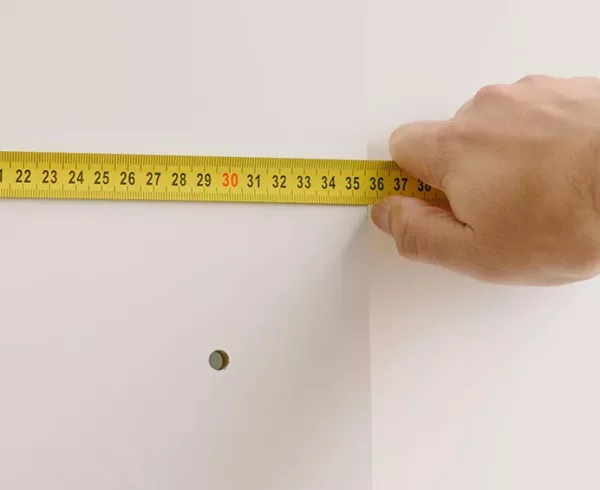Details of this impersonation scam are also featured in The Daily Express and The Mirror.
The Brief Claims successfully recovered £21,000 for 80-year-old widower who fell victim to a bank impersonation scam.
How the scam occurred
John, whose wife passed away in 2009, was preparing to move from Essex to North Yorkshire to be closer to his family. While packing up his house, he received a phone call from a scammer who claimed to be contacting him from his bank.
The fraudster informed John that someone was trying to access his money and that he would need to move his funds to a safe account. John, a former software engineer, was sceptical of the caller but since they knew his security questions, he did as they requested and transferred a total of £17,000.
Once John had sent the money, he began to feel uneasy and attempted to call the number back. After having no success, he realised that he had been scammed.
Getting money back from the scam
After discovering that he had fallen victim to an impersonation scam, John reached out to his bank who informed him that there was nothing they could do. He later received a letter from the bank which stated that the money had been traced, but they were unable to recover it.
Speaking with The Mirror, John said:
“I was told I’m not covered, it’s my fault because I used my own computer to move the money.
“I spent my life as an Engineering Designer and this knocked my confidence. It was absolutely awful mentally. [I thought] the bank probably would flag it or try to stop it. The catchphrase ‘duty of care’ is bandied around a lot now, but it wasn’t then.
“They gave me a free overdraft but that was it. I went home and just accepted it was their policy. I sat and resented it for a while but then Covid hit, and I just had to move on.”
During the Covid lockdowns, John not only suffered from the financial harm of the scam, but he also received a devastating bowel cancer diagnosis which made him “lose all hope” of recovering his money.
In 2022, three years after the scam occurred, John decided to reach out to The Brief Claims, specialists in recovering funds lost to fraud and scams.
Our dedicated fraud department examined John’s case and were successful in recovering the full £17,000 lost, plus additional interest, which came to a total of over £21,000.
What to do if you think you’ve been scammed
John’s experience is all too common as scammers use sophisticated and convincing tactics to earn their victims’ trust and swindle them out of their money. Another tactic that is typical of scammers is applying pressure to urge the victim to transfer the funds as soon as possible.
Paul Hampson, chief executive of The Brief Claims, said:
“If a number calls you claiming to be your bank, stop and think. Tell the caller you will call them back on the number on the back of your card or on the bank’s website. If the caller is persistent in keeping you on the phone, it should send alarm bells ringing. A genuine bank employee would not pressure or rush you into moving money.
“If you have been asked to send money to a ‘safe account’, then this is likely to be fraudulent, as your bank should give this money back to you. This type of trick is called an ‘Authorised Push Payment’ (APP).
“If you can’t get your money back and feel that this is unjust, then all banks have a complaints process that you should follow. If the bank still hasn’t resolved everything after eight weeks, or you receive a final letter, then you can go to the Financial Ombudsman. They can help put things right.”














